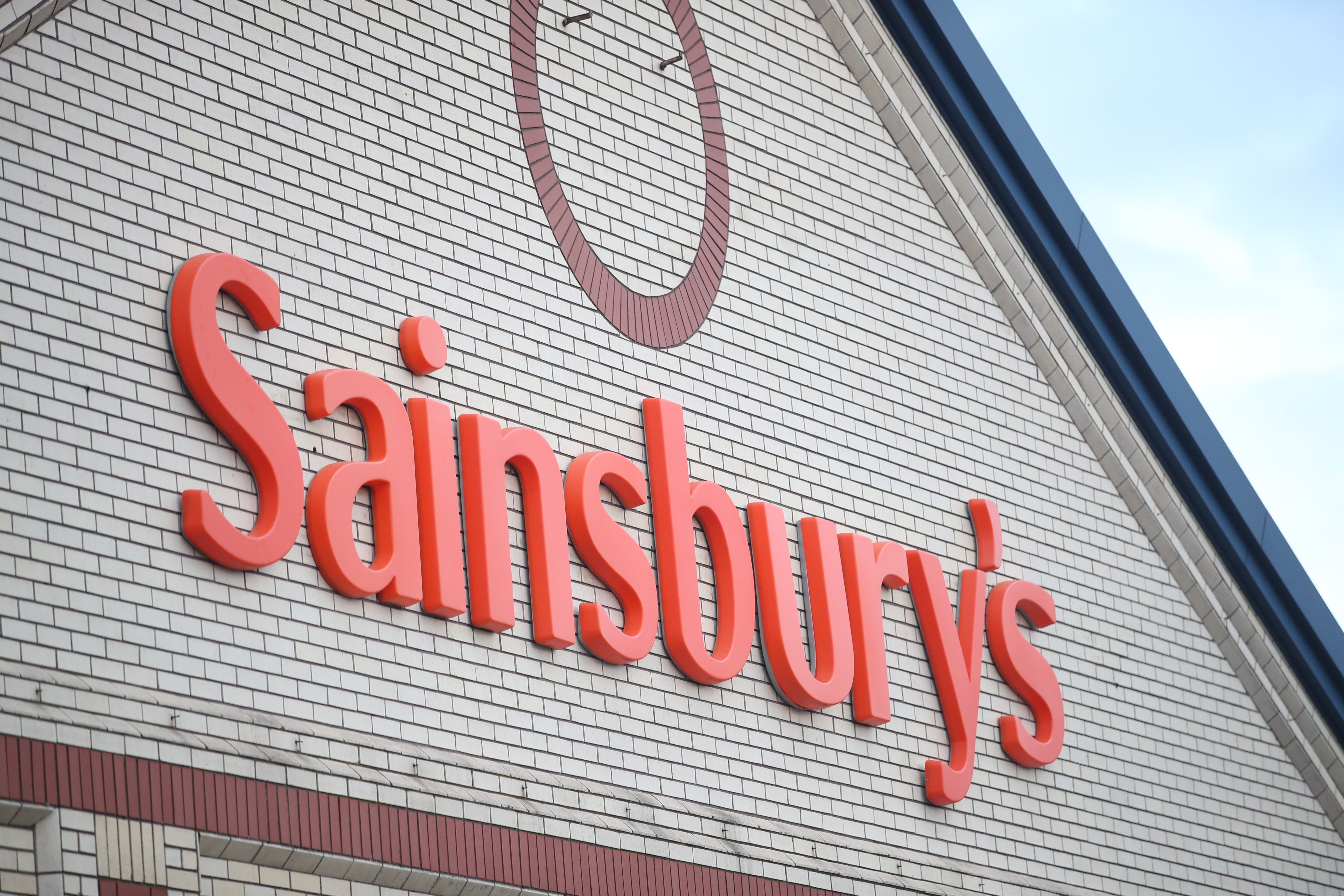City heavyweights tell Sainsbury’s to pay up amid looming AGM row over worker pay
It’s usually CEOs being paid too much that causes problems at these affairs. Not this time. Sainsbury’s should heed the call of the likes of Legal & General, Fidelity and HSBC and pay up, writes James Moore


When there are rows over pay at corporate AGMs they are almost always caused by companies upsetting shareholders by trying to pay their CEOs too much.
Sainsbury’s looks set to buck that trend. An investor coalition overseeing more than £2.2 trillion has filed a shareholder resolution because it isn’t paying staff enough, at least not enough to qualify for accreditation by the voluntary real living wage scheme.
Submitted under the auspices of ShareAction, a responsible investment NGO which has considerable experience in the sector, the motion calls upon the grocer to seek this, which means paying at least £9.90 an hour nationwide and £11.05 within the M25 to reflect the higher cost of living in the capital.
Notable about it is the presence of some traditional city heavyweights. They include Legal & General, which to be fair has been active in this space for some time and regularly scores highly in analyses of its voting behaviour, but also Fidelity and HSBC Asset Management.
The signatories won’t have enough to carry the day by themselves. But if they all vote in line with what they’ve signed up to, they have sufficient clout between them to make their presence felt and send a message. And these are the sort of investors boards have to listen to. At least if they want to keep their jobs.
There has been a growing recognition among those advocating for what’s sometimes known as “stakeholder capitalism” that yawning gap between what bosses are paid (£1.3m in the case of Sainsbury’s CEO) and workers needs to be addressed. The pandemic, when supermarket staff risked their lives to “feed the nation” while executives were often able to work from home, added impetus. This is a sign of that.
Roughly half the FTSE are now accredited living wage employers, in no small part because the research suggests that it confers business benefits. It encourages better quality work from staff, fosters lower rates of absenteeism and can result in a reduced level of staff turnover.
In other words, it pays for itself.
The retail sector has, however, been notably reluctant to join the party. None of the big grocers has yet sought accreditation, although Lidl does match the living wage rates.
Sainsbury’s is very close. It is ahead on its national rate (£10), matches the London living wage in the central part of the capital (£11.05) but lags when it comes to outer London (£10.50).
The company argues that it has made a significant investment in wages over the past few years, and this is true. It also says that it pays more than many of its competitors, which it does (their turn in the spotlight will come).
However, the company maintains that it has to strike a balance: “It is vital that we not only pay our colleagues fairly but that we are able to invest significantly to offer customers great value.
“Despite inflationary pressures Sainsbury’s is putting up prices slower than competitors and on the staple items people buy every day such as milk, bread, eggs, meat, fish and poultry customers can find some of the lowest prices in the market.”
Absent from its statement is any direct reference to shareholders and dividends. They’re clearly part of this “balance”. Maybe it will be tweaked a little if enough of them back the motion?
The important part of accreditation is that it covers not just a company’s own staff but also the cleaners and the security guards, who often work for third parties and are among the most vulnerable of all workers. It also sends a message: poverty pay is no longer acceptable.
It wouldn’t take much for Sainsbury’s to get over the line. But one suspects that it wants to retain “wiggle room” to dip beneath the rates should it feel the need. That, dare I say it, is a little cheap. And also a pity.
There would be considerable public relations value to be had were Sainsbury’s to take a lead here and secure for itself the right to plaster the living wage logo on its stores. “Great Prices, Great Pay and a Great Place to Work”? There are worse slogans out there.
This would be in addition to the economic gains to be had through ensuring staff can weather the storm of the cost of living crisis; economic gains the benefits of which the sharper minds among Sainsbury’s shareholders would clearly like to enjoy.






Join our commenting forum
Join thought-provoking conversations, follow other Independent readers and see their replies
Comments